Finland is building a one-stop-shop service that provides research permits and well-being data easily and smoothly to those who need them. In our Isaacus project, we had a look at what is happening in other countries.
Data should be mined, but it is hiding in silos
The data reserves of different countries are unique and all countries want to use their reserves in a more agile manner than at present. Healthcare should be proactive and data is seen as a valuable tool for enabling this. Everyone wants to attract international investments and companies to their own country.
The challenges shared by everyone are the lack of interoperability of the IT systems and the location of data in separate silos. Also, negative attitudes to sharing data slow down the development work. Achieving citizens’ trust is difficult and deficiencies emerge in data security.
No need to innovate everything ourselves – let’s put our knowledge to wider use!
Shared challenges encourage people to find shared solutions. Many countries have started to co-ordinate the collaboration between national operators and build financing, co-operation and management models. The Isaacus project has come across some interesting concepts and topics for benchmarking.
The Dutch, who took the floor several times during the Europe Biobank Week, excelled in marketing. The same content was repeated in their messages in several parts of the programme during the four days. They had invested in their marketing material and videos and were not afraid to market their vision:
People in Britain are sceptical about the use of their personal data. The Farr Institute engages in dialogue, participation and communication with citizens. The institute inspires a dialogue between researchers and individuals, organises events, gathers together advisory citizens’ panels and invites people to become involved in its research. The Farr Institute campaigns on social media with the hashtag #datasaveslives and publishes online material explaining how data is used in research (100 Ways of Using Data to Make Lives Better and practical online toolkits on running engagement projects).
In Denmark, NEXT – National Experimental Therapy Partnership – is a good example of successful co-operation between the public and private sectors. Its aim is to increase the amount of clinical research on pharmaceuticals in Denmark. The co-operation and its financing are based on collaboration between hospitals, pharmaceutical companies and public actors. The steering group with representatives from both private and public bodies and the work of NEXT’s medical experts in hospital research centres ensure close co-operation between those involved.
Wales has built a secure and efficient platform for managing, sharing and combining data. UK Secure e-Research Platform (UKSeRP) offers a secure remote connection, preinstalled software, a controlled environment, user control and de-identification of data. The services offered also include data quality analyses, cataloguing of metadata, a wide selection of analysing tools and data storage techniques, and tailored solutions for users. The platform is based on the SAIL Databank, which has been in operation for 10 years.
Why do it alone when we are stronger together?
Many people ask: why are all these countries working alone? With co-operation, we can speed up innovations and attract investments and companies to Europe. As individual countries, we are too small to compete with the United States and Asia, but together we have a better chance of succeeding.
There is a wealth of opportunities and forms of co-operation available. Although co-operation across national borders may feel challenging, we encourage everyone to continue on the international pathway. That pathway will provide Finland with huge growth opportunities. We should not miss the opportunity that is available to us now!
#isaacus
European operators
- The goals are the same, but there are differences in their approaches, focus areas and strengths. In the Netherlands, research organisations are building the Health-RI research infrastructure.
- In Norway, Direktoratet for e-helse co-ordinates a new programme on health data.
- In Switzerland, the Swiss Personalised Health Network creates a national solution for combining health data.
- In Denmark, five regions (Danske Regioner) have defined a vision of a one-stop-shop service for combined health data and work at the regional level.
- In Ireland, the Health Research Board is building a management model for research on healthcare according to the DASSL model (data access, storage, sharing, linkage).
- Estonia has invested in a secure platform supplying health data in a programme of individualised medicine and in digital healthcare.

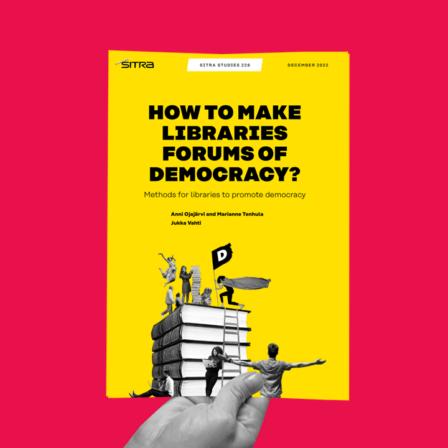
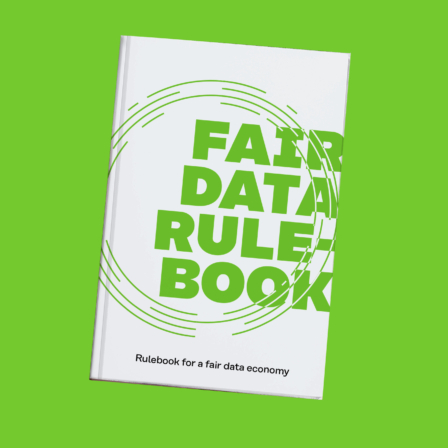




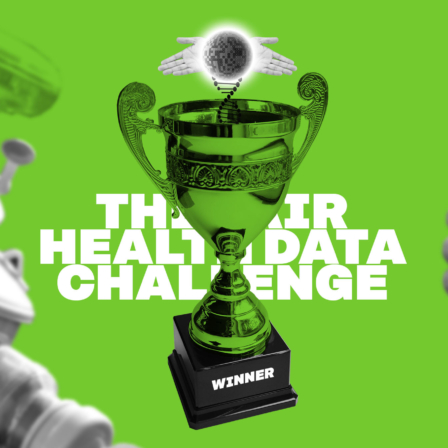
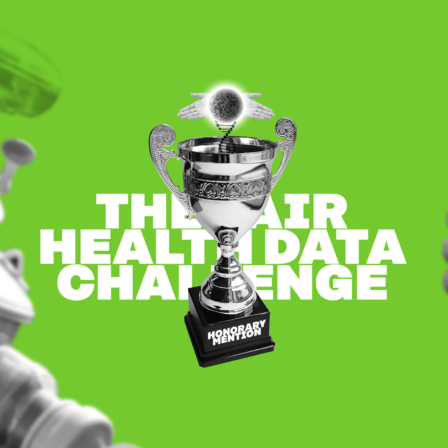




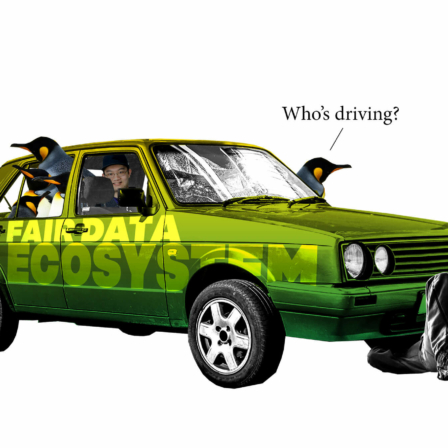
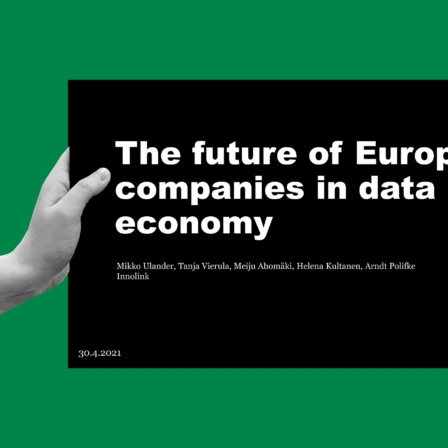


Recommended
Have some more.